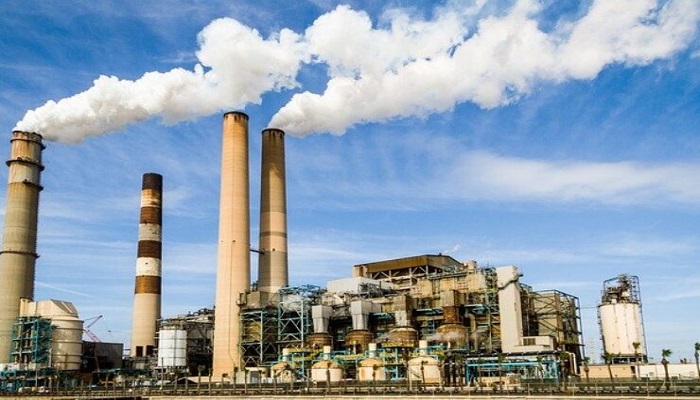On April 27, the Emergency Management Department of Jiangsu Province issued the "Guidelines for the Safety and Control of the Use of Hazardous Chemicals in Jiangsu Metallurgical and Other Industrial Enterprises (Trial)" to strengthen the safety management of the use of hazardous chemicals in relevant industrial enterprises.
Based on the principle of "reasonable grading, easy management, highlighting key points and appropriate strictness", the Guidelines comprehensively consider the inherent risk factors such as chemical processes, key supervision of hazardous chemicals, major hazardous sources, and types and quantities of hazardous chemicals, and industrial enterprises that will use hazardous chemicals are divided into four grades: A, B, C, and D according to the risk from high to low.
Among them, there are 18 kinds of hazardous chemical processes under key supervision, including phosgene and phosgene process, electrolysis process (chlor-alkali), chlorination process, nitrification process, ammonia synthesis process, cracking (cracking) process, etc., or the use of hazardous chemicals according to the "Identification of Major Hazard Sources of Hazardous Chemicals" and the number of substances in the hazardous unit constitutes major hazard sources I, II, III and IV, it is assessed as Grade A; If the hazardous chemicals used in the "Identification of Major Hazard Sources of Hazardous Chemicals" do not constitute a major source of hazard but the calculated value of the number of substances in the hazardous unit is greater than or equal to 0.05, it is assessed as grade B; if the calculated value of the number of substances in the hazardous chemical hazardous unit is greater than or equal to 0.01 and less than 0.05 in the "Identification of Major Hazard Sources of Hazardous Chemicals", it is assessed as grade C. Industrial enterprises that use hazardous chemicals other than grades A, B and C are Class D.
The Guidelines emphasize that relevant industrial enterprises should carry out the use and management of hazardous chemicals in accordance with laws, regulations and standards such as the Key Points for the Safety of the Use of Hazardous Chemicals in Jiangsu Metallurgical and Other Industrial Enterprises (for Trial Implementation), the Regulations on Safety Production Risk Reporting of Industrial Enterprises in Jiangsu Province, and the Basic Requirements for the Allocation of Personal Protective Equipment. Enterprises should establish and strictly implement a registration system for the purchase, entry, exit, use and disposal of hazardous chemicals, and establish a ledger; An emergency plan management system for production safety accidents should be established, an emergency response plan or disposal plan for the use of hazardous chemicals should be formulated, emergency training and drills should be carried out regularly, and timely revision and improvement.
The Guidelines point out that hazardous chemicals temporarily stored in the use site should be designated and stored in a standardized manner, and the storage amount should not exceed 24 hours. Class A and B enterprises should set up hazardous chemical warehouses or intermediate storage warehouses or tanks, Class C enterprises should at least set up intermediate storage warehouses or tanks or special storage cabinets, etc., and Class D enterprises should at least set up special storage cabinets.

Polyester polyols have several advantages over other types of polyols. They have good chemical resistance, mechanical properties, and thermal stability. They also have low toxicity and are environmentally friendly. Additionally, polyester polyols can be easily modified to achieve desired properties, such as increased flexibility or flame retardancy.
Thermoplastic Polyurethane (TPU) is a type of elastomer that is known for its flexibility, durability, and resistance to abrasion, oil, and chemicals. It is a versatile material that can be used in a wide range of applications, including footwear, automotive parts, industrial seals, medical devices, and consumer electronics.



